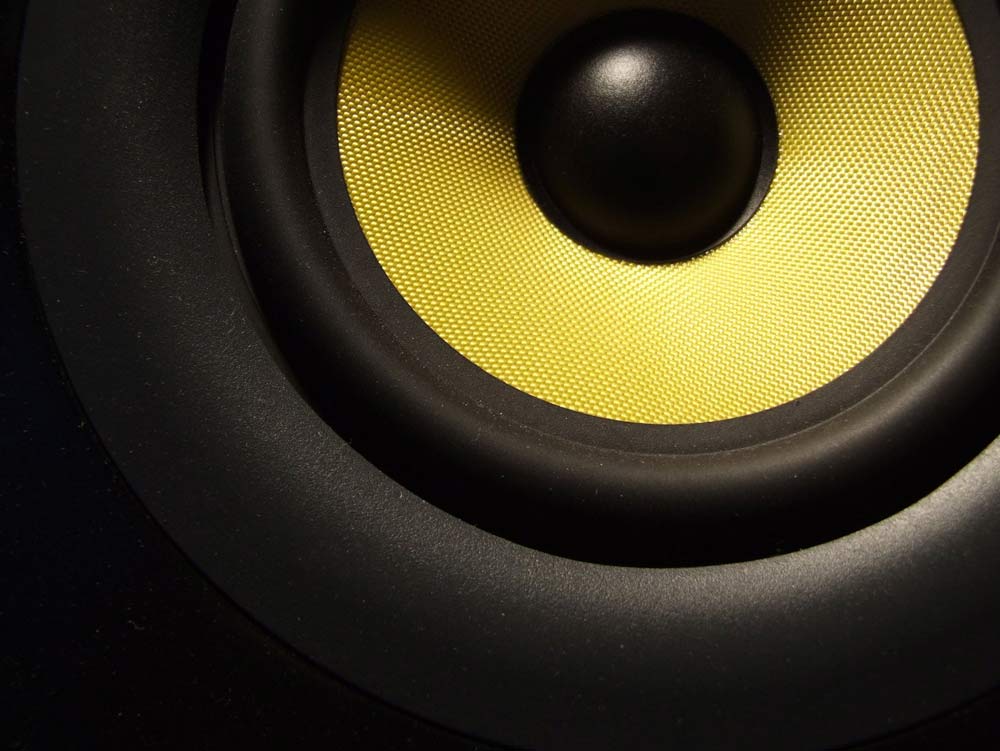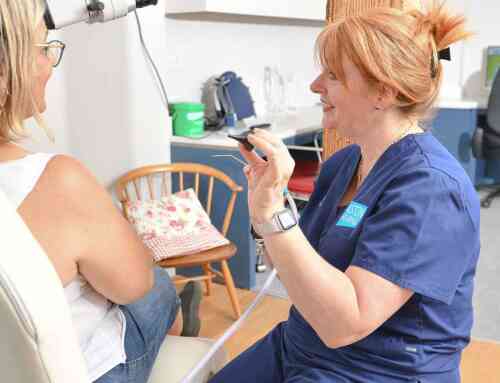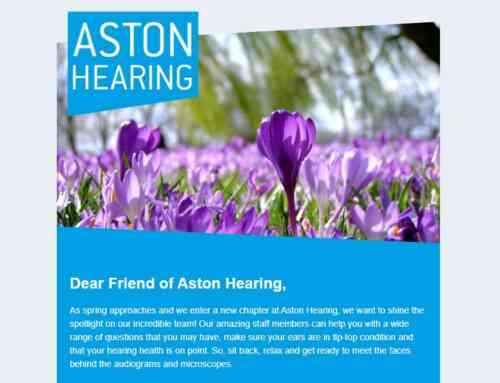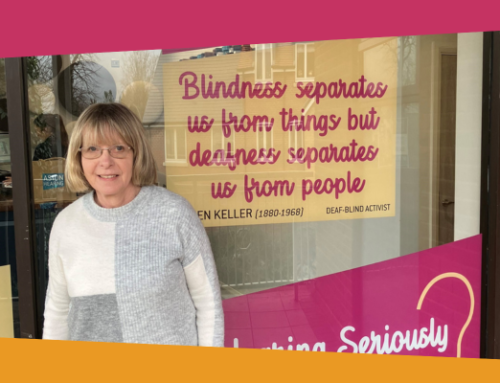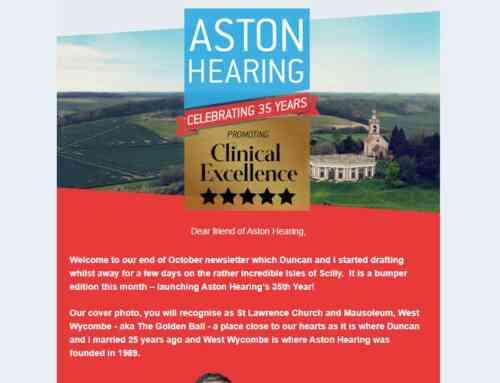HEALTH & WELLBEING – PROTECTING YOUR HEARING
Answers by Duncan Collet-Fenson – Managing Director of Aston Hearing
Approximately 11 million people in the UK are currently suffering from hearing loss which equates to roughly 1 in 6 of the UK’s population. To celebrate World Hearing day 3rd March and World Hearing Week 4-10th March, we take a look at how you can look after your hearing and why it is so important.
What sounds and noises are likely to damage your hearing and why?
Every day we experience loud sounds that won’t damage our hearing but when sound is too loud (85 decibels or above), even briefly, it can damage the sensitive structures in the inner ear and cause noise-induced hearing loss (NIHL). NIHL can be immediate, or take a while to be noticeable, it can be temporary or permanent, and can affect one ear or both ears. NIHL is usually totally preventable and can happen at any age. To give you an idea, an MP3 player at maximum volume might be 105 decibels, sirens can be 120 decibels and fireworks are around 150 decibels. Extremely loud bursts of sound, such as gunshots or explosions, can immediately rupture the eardrum or damage the bones in the middle ear. Loud noise exposure can also cause tinnitus which is ringing, buzzing, or roaring in the ears or head.
What common symptoms are there of hearing loss?
Hearing loss may not be as obvious as you think and can develop gradually over a long period of time and sometimes people don’t actually realise that their hearing is diminishing. Examples of the first signs of hearing loss include difficulty hearing people over the phone or on TV, or asking people to repeat themselves, especially in noisy areas. Speech may sound muffled. You may also have other symptoms, such as earache, tinnitus, or vertigo which is a spinning sensation.
Who is most likely to be at risk of hearing loss?
Hearing loss can affect anyone of any age – while age related hearing loss is the most common type of hearing loss, there are many other causes for hearing impairment. Disease or constant or loud noise exposure can cause hearing damage to any of us.
How can you prevent hearing loss?
The most common cause is damage to the inner ear, the cochlea, so minimise your exposure to noise, such as at a loud music event or from gunfire. Don’t listen to music through headphones at top volume. Always wear ear protectors during any repeated activity that exposes you to noise at or above 85 decibels. Visit your GP or an audiologist to get a baseline hearing test, called an audiogram, to find out if you have some early hearing loss. Sudden Sensorineural Hearing Loss (SSHL) – also known as sudden deafness – is an emergency and requires immediate care, so seek medical advice as soon as possible as it may just save your hearing.
If you have already damaged your hearing, what steps can you take to live with it?
At first it can be difficult to deal with hearing loss but the hearing aid technology that is available today is extraordinary and there are other treatments that can also be considered such as a hearing therapy, implants and lip-reading classes. It is important though to understand that hearing aids are not the same as getting new glasses. Whilst hearing aids do make a significant difference, the brain needs to adjust to the quality of sound coming from the hearing aid so it is still difficult to restore full hearing with hearing aids. With technology ever advancing, you can buy hearing aids which are hardly noticeable and that perform an incredible number of functions such as being connected to your phone to allow you to receive phone calls through your hearing aids.
Does diet influence hearing loss in anyway? If so how and what foods should be eaten/avoided?
Like all functioning cells, the inner hair cells benefit from a diet rich in antioxidant foods by helping to protect this highly sensitive mechanism from free radicals that can cause problems with nerve hearing.
Top Tips
- Hearing involves the outer ear, middle ear, the inner ear and the brain working together to process different sounds. Hearing loss or impairment occurs when there is a problem with a part of the ear, the nerves from the ears, or the part of the brain that controls hearing.
- Your ears contain the three smallest bones in the human body and are very fragile and need to be cared for.
- Hearing loss can sometimes be mistaken for dementia – Trouble following conversations, confusion, forgetfulness and social withdrawal are symptoms associated with both dementia and hearing loss.

